Outrage at specific incidents of racism has evolved into demands for decisive action on campus, putting pressure on Whitman’s administration to instigate change. Since students rallied at Memorial Hall to present a letter to the Board of Trustees’ Diversity Committee on Nov. 7, two separate events have been held to discuss race on campus. In addition, ASWC (Associated Students of Whitman College) passed a resolution condemning racism and calling for administrators to take action.
While administrators have met some of students’ demands, other demands remain unanswered as momentum continues to build. The goal is now to create permanent change in the attitudes of students and administrators, and to institutionalize support for students of color and create long-standing educational programs about issues of race.
In the letter presented to the Board of Trustees, protesters made three demands of the administration: 1) that it disable access to the Whitman Encounters website (where a portion of the cyberbullying occurred) from on-campus computers, 2) that it issue a statement denouncing cultural appropriation and admitting the need for better education on issues of discrimination and 3) that it create a mandatory workshop on racism. So far, the only demand that has been met is the statement against racism, which took the form of an email sent by President George Bridges to the student body.

“If the administration shows that they are actually invested, they will make something mandatory for everyone to go to to talk about this,” said sophomore Nick Hochfeld, who attended all of the recent campus events devoted to discussions of race. “I know George Bridges sent out an email, but that’s an email. That’s just words, even if they’re good words. The administration needs to put some back into it.”
Demanding a Dialogue
To address the request for a mandatory workshop, Dean of Students Chuck Cleveland plans to incorporate a workshop on race and ethnicity into the orientation program for all first-years starting next fall. However, demand remains high for the college to officially support the Power and Privilege Symposium which ASWC will put on in the spring.
“Our thinking during planning sessions was to make [the Power and Privilege Symposium] like the Whitman Undergraduate Conference –– classes are cancelled, there’s food provided, there are incentives to go –– and that’s something that is driven in large part by the faculty,” said senior FACE member Kate Kight, who helped organize the rally and is working to convince alumni to write to the college demanding change.
The decision to cancel classes for the symposium will ultimately lie with the faculty, and while initial support from professors appears strong, the issue has not yet come to a vote at a faculty meeting. Even if classes are canceled, making the symposium mandatory would require administrative support, which appears unlikely at this point.
“Mandatory is always difficult. It’s easier [to make an event mandatory] during the orientation week because RAs can get everyone there, [but] it’s harder after that,” said Cleveland. “The key is to get everybody there so it’s not just preaching to the choir –– we need all perspectives and all points of view and all voices to attend.”
Systems of Support

In addition to pushing for a mandatory workshop, students of color have been calling for administrative reform to provide support for students struggling with racism and to give them a greater voice in administrative decisions.
“We need a support system for students of color that’s institutionalized,” said Black Student Union (BSU) co-president Gladys Gitau. “There needs to be a system where they know someone’s going to help them out as soon as they get to campus … [and] so that they will have someone who will not invalidate their experiences, and will help them in ways that cater to their identities as people of color and Whitties.”
To create this system of support, Cleveland has requested funding from the budget committee to convert the position of director of the Intercultural Center (currently held by Interim Director Matt Ozuna) into the assistant dean of diversity, who will report directly to the provost and dean of students. The assistant dean will be hired this spring and will likely start work in July. If funding can be found, an assistant director of the Intercultural Center will be hired by the Fall of 2015 to help run the Intercultural Center and expand its programs.
Cleveland has also requested funding to hire an additional counselor for the counseling center with experience in counseling people of color, and hopes to make the international student advisor a full-time position. The need for counselors with experience speaking to students about race-related issues has been identified before, and it has become one of ASWC’s priorities this year.
The Fate of Whitman Encounters
Unlike the calls for long-term administrative change, the demand to block access to the Whitman Encounters website was a direct response to the cyberbullying events which took place the week before Halloween. After junior Sayda Morales posted a message discouraging cultural appropriation during the holiday, students responded with racially charged comments. Though racist comments also appeared on Facebook, Twitter and other websites, the anonymity afforded by Whitman Encounters served to escalate the conflict and led activists to target it in their campaign.
“I think as a show of solidarity with [people of color], yes, the administration needs to take a stand and try do something [about the Whitman Encounters website],” said Gitau. “I think it should come down, but if it doesn’t, I understand. It’s not going to solve the problem, but just to support us, it’s something people should at least try to do.”

Administrators initially supported blocking the website on Whitman internet servers. However, after speaking with the college’s lawyers it was decided that the action could be considered censorship and not be on firm legal footing.
“It turns out that from a legal perspective, there’s nothing we can do. It’s an independently owned and run website … It’s unfortunate, but that’s the fact. If students are upset, I would recommend that all students boycott it,” said Cleveland.
In a recent development on Tuesday, Nov. 19, the anonymous administrators of the website reformed the commenting system so that those wishing to comment must now register an account with a valid email address. The impact this will have on traffic on the site is yet to be seen.
The Road Ahead

In addition to action by ASWC and the administration, two events promoting dialogue about racism took place in early November. Director of Academic Resources Juli Dunn organized Whitmanencounters.com LIVE, which brought students, staff and faculty together to discuss issues in small groups on Nov. 13. A student panel addressing racism was also held on Nov. 19th.
“After the discussion we had as small groups [at Whitmanencounters.com LIVE], I feel I know a lot more about individual perspectives as opposed to the perspectives of large groups,” said first-year Danielle Wieck.
While Whitmanencounters.com LIVE involved a small number of students and many faculty and staff, relatively few students attended the student panel. At both events, it was noted that those students who dispute that racism is an issue on campus likely did not attend. The consensus was that these students could only be convinced to attend if the workshops were made mandatory.
All parties involved agreed issues of racism around campus cannot be solved by a few meetings, and what is needed is institutional change which could, over a period of years, permanently change the approaches to issues of race.

“This is something that will take a lot of time, that will take a lot of effort. It will take years to address and move forward on,” said ASWC President Tim Reed. “The key thing is that we need to be proactive, not reactive.”





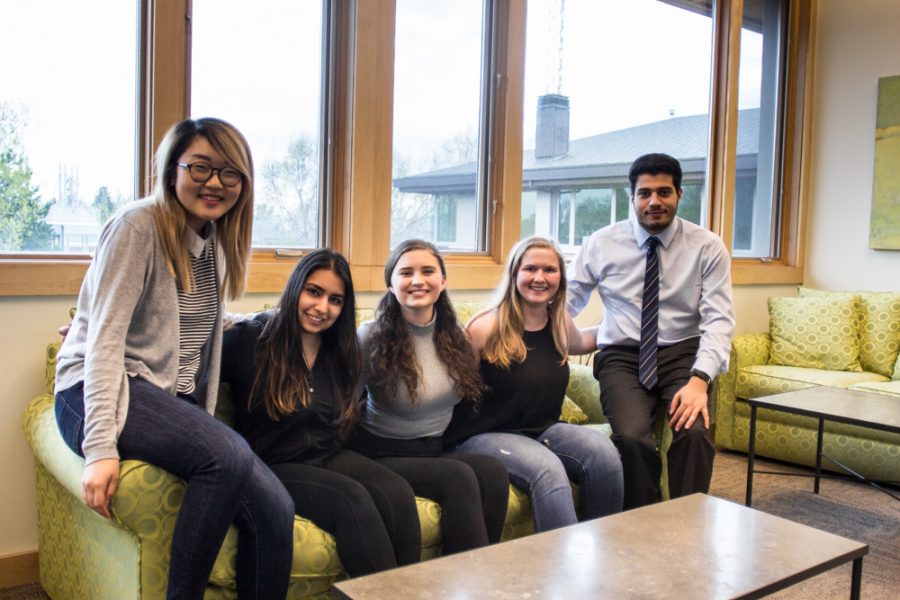
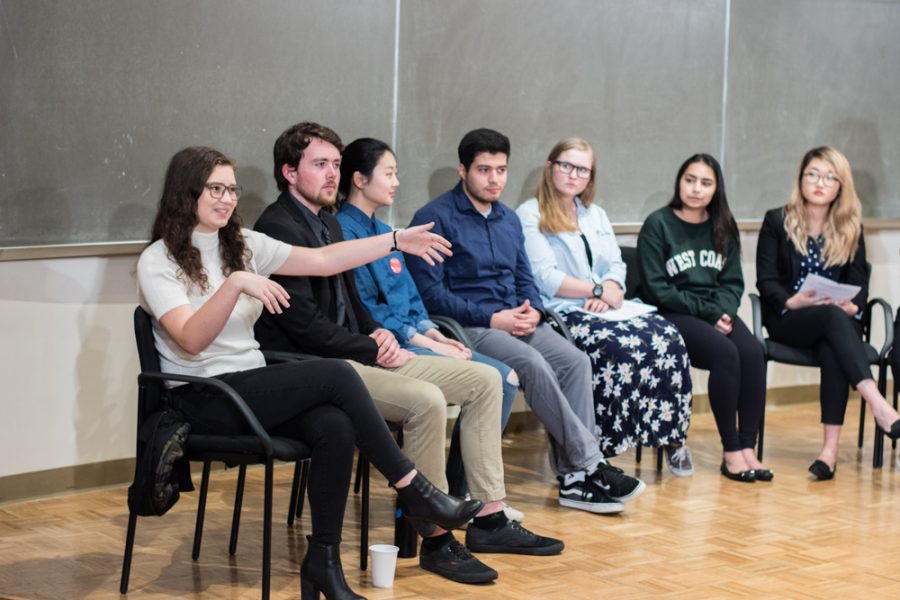

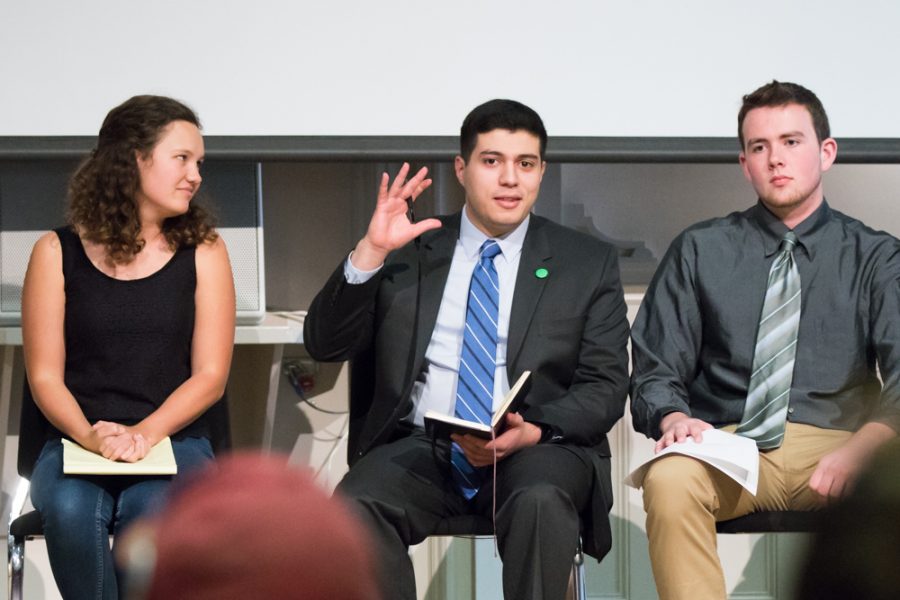
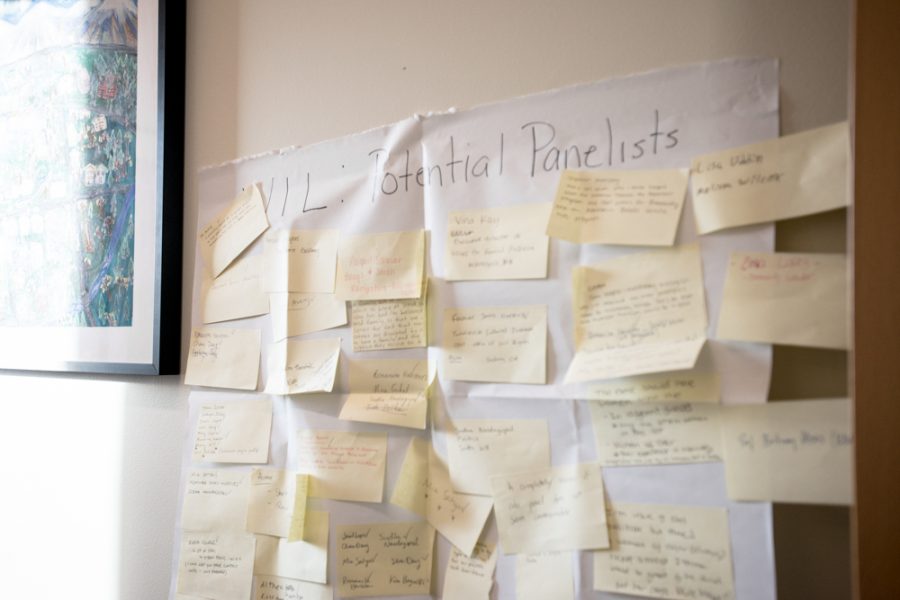
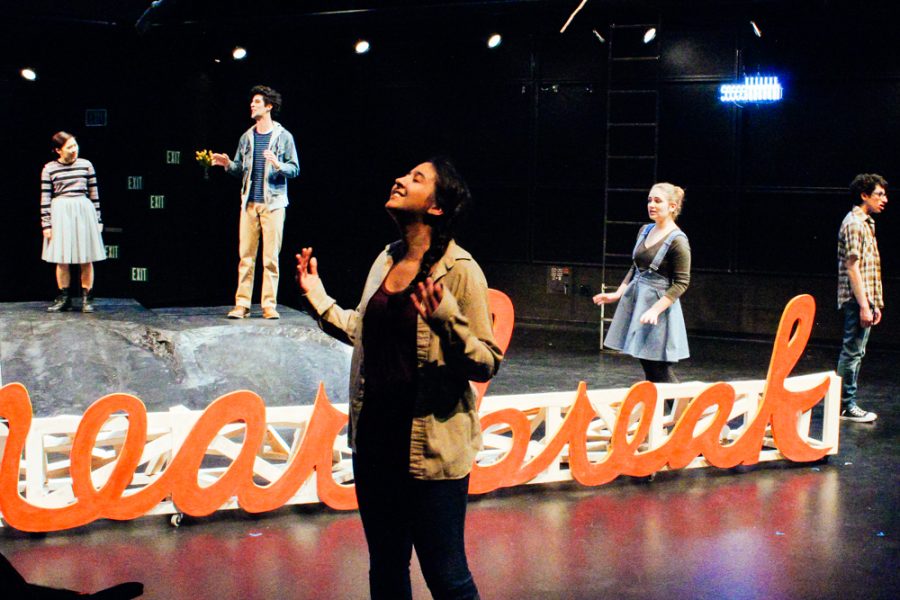
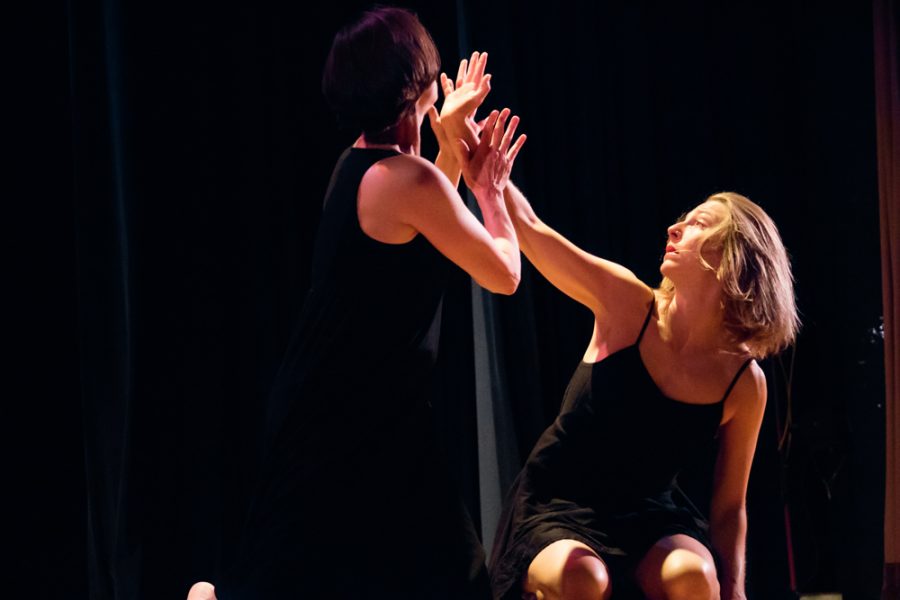


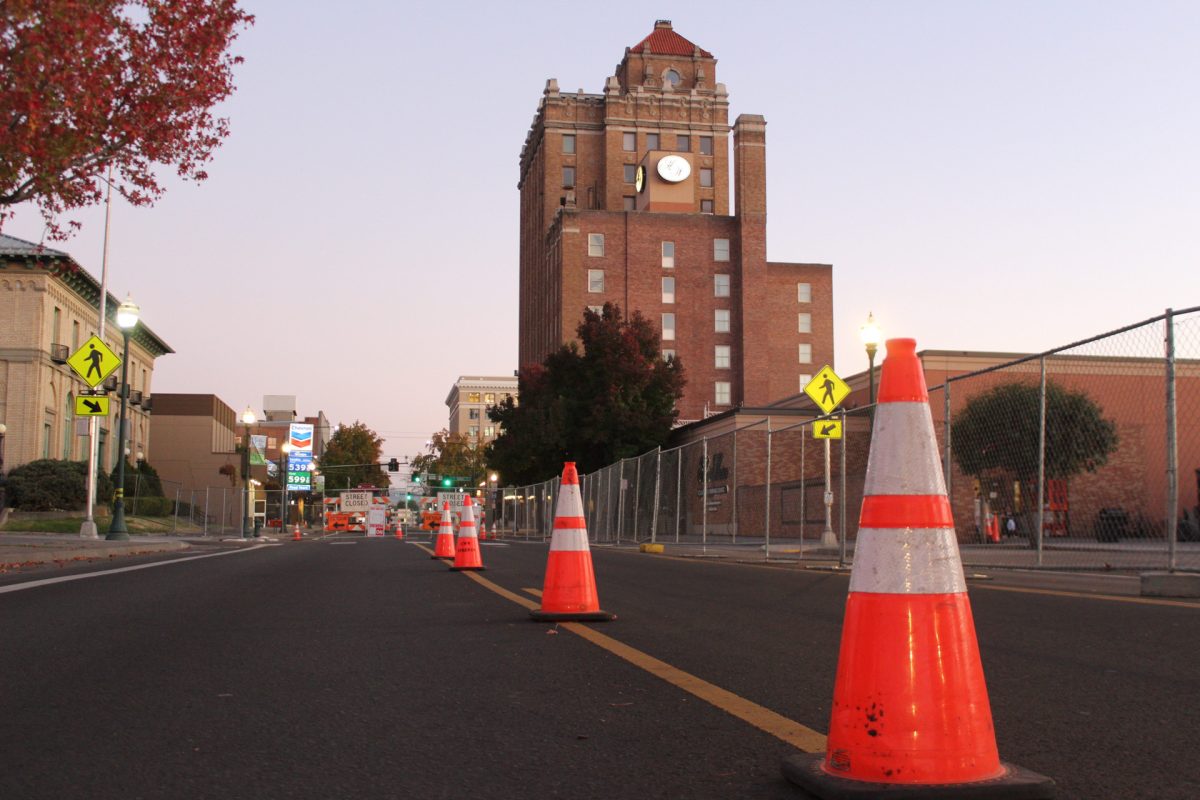




Heidi Brigham • Nov 21, 2013 at 4:12 pm
Two things: If there is to be a campus-wide discussion on improving the environment at Whitman for minorities, then it ought to be similar to the Undergrad Conference so that people have time to attend. Students, faculty, and staff all need education if things are to improve. Second, the whitmanencounters website is not the problem; it’s simply an outlet. Calling for it to be shut down is a form of censorship that does nothing to change attitudes or overcome ignorance.